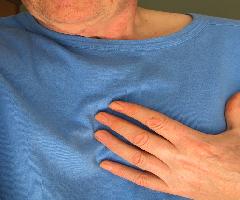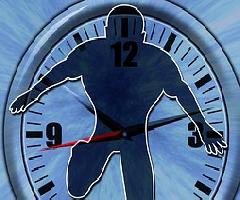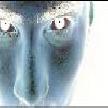This article will provide you a list of complete information regarding beta-adrenergic blockers, especially considering the fact that Hypertension ranks to be one of the leading causes of morbidity in the world (World Health Organization, 2014).
What are Beta-adrenergic blockers?
These are anti-anginals (chest pain), anti arrhythmics and anti hypertensives all classified as blockers. These drugs are used for the treatment of various diseases of the cardiovascular system especially the heart.
What does beta-blockers do?
Beta-blockers competitively block beta-adrenergic receptors in the heart and juxtaglomerular apparatus. It decreases the influence of the sympathetic nervous system on the tissues, the excitability
What are the indications for beta-adrenergic blockers?
Beta-blockers are commonly indicated to those patients suffering from hypertension and angina pectoris. Other specific indications of these drugs are stenosis, myocardial reinfarction, pheochromocytoma and acute situational stress reactions. They can also be used as a prophylaxis for migraine headaches.
What are the contraindications and cautions of these drugs?
The drug is commonly contraindicated to those patients having allergies to it. It is also contraindicated with sinus bradycardia, second-or third-degree heart block, cardiogenic shock, heart failure, bronchial asthma, Chronic Obstructive Pulmonary Disease and lactation.
These are used cautiously to patients with hypoglycemia, diabetes, thyrotoxicosis and hepatic impairment.
What are the common adverse effects of these drugs that I should watch for?
For common adverse effects, you should watch for bradycardia (slow heartbeat), heart failure, cardiac arrythmias, sinoatrial or AV nodal block, tachycardia (fast heartbeat), gastric pain, flatulence, constipation, diarrhea, nausea, vomiting, impotence, decreased libido, fatigue and decreased exercise tolerance.
Life threatening adverse effect should be monitored carefully when the patient develops cerebrovascular accident.
What are the
interventions or actions I should do to a relative who is taking in beta-blockers?
The following tips are suggested:
1. Do not stop drug abruptly after long-term therapy.
2. Consult physician about withdrawing drug if patient is to undergo surgery.
3. Give oral drug with food to facilitate absorption.
4. Provide side-rails and assistance with walking if vision changes occur.
5. Position patient to decrease effects of edema or respiratory obstruction.
6. Space activities and provide rest periods.
7. Provide frequent small meals if GI effects occur.
8. Provide comfort measures to help patient cope with eye, GI, joint, CNS and dermatologic effects.
9. Report to the healthcare provider if difficulty of breathing occurs.
SAMPLE NURSING BOARD EXAM QUESTION WITH RATIONALE
The nurse knows that Beta-adrenergic blockers are contraindicated to the following conditions except:
A. Bronchoconstriction
B. COPD
C. Stenosis
D. Sinus Bradycardia
ANSWER: C- Beta-blocker is a great medicinal intervention to patients with Stenosis especially if the predominant symptom is Angina (emedicine.medscape.com). Options A and B are highly contraindicated for Beta-blockers. Also, the drug's side-effects for cardiac mechanism makes it contraindicative for patients with Sinus Bradycardia so option D is incorrect.
JUST A TRIVIA
1. Hypertension is asymptomatic or it does not show any symptoms at first. So it is important to keep checking and monitoring your blood pressure regularly.
2. Hypertension is not only for adults. Children and teens can also be affected.
Article source taken from Lippincott Nursing Drug Guide, 2010 edition










